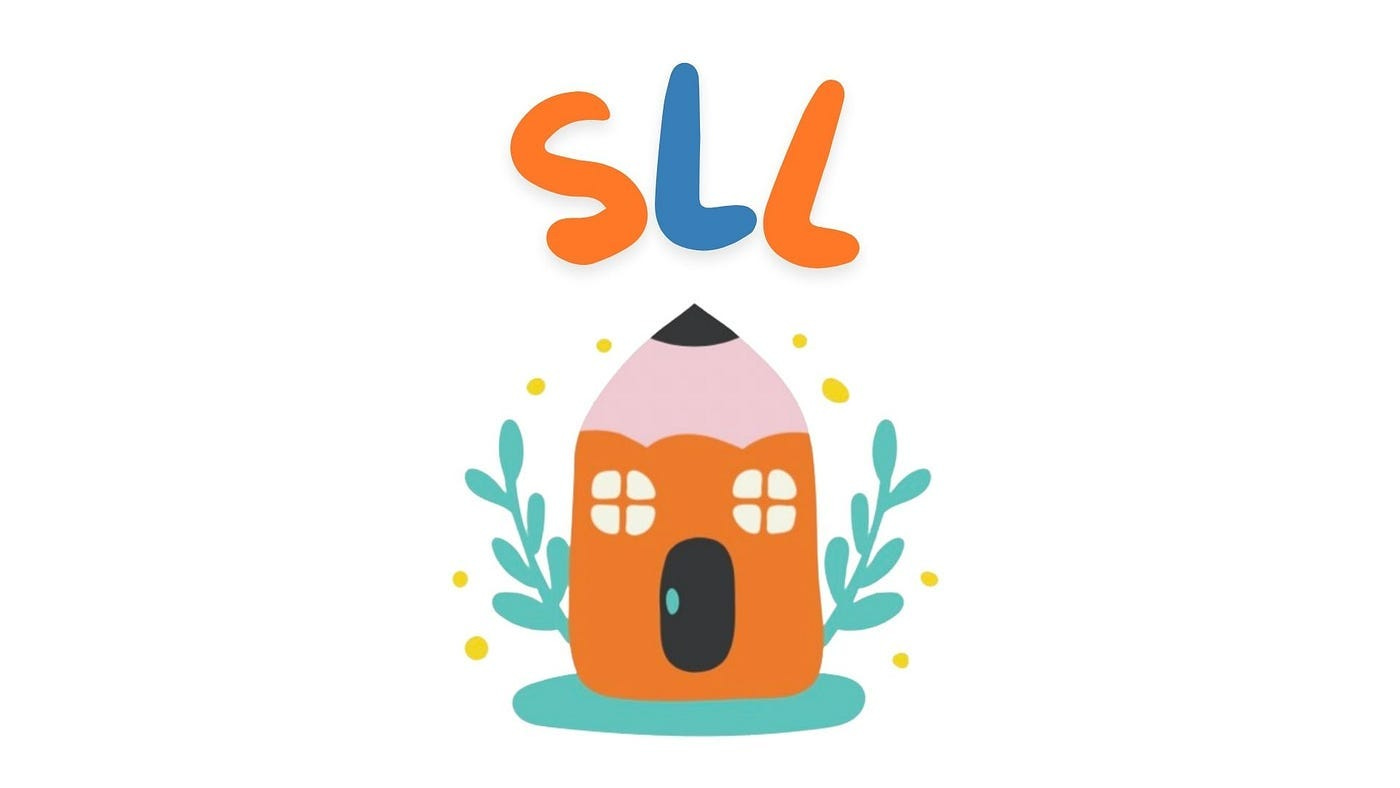
I wanted to mock myself.
A few months ago, I published what is now one of my most-read articles: 5 Books That Will Make You Smarter Than 97% Of People. Interesting headline, isn’t it? What do you think about it? Personally, I hate it. But it has a funny story.
I published the article with another headline: “5 Books to Boost Your Learning Skills” or similar. The result? Not even 100 views. It was a huge flop. Then, I read a Medium article from an experienced writer suggesting killer headline templates. So, I use one of them (the current headline), without changing the content of my article.
“What can I lose?” — I thought.
The output? Thousands of views within a week.
I felt happy and disgusted. Happy because I was reaching out to people with books that truly improved my learning skills. Disgusted because I’m saying no sense (what does being smarter than 97% people even mean!).
Anyways.
Let’s get to the point of this article.
☕️❤️ Support my work to continue writing by buying me a coffee.
Does reading books make you smarter?
Clearly not over 97% people.
I have no idea what that means.
I’ve met many people who read because they want to become smarter. However, I often doubt whether this is really the case. Reading books doesn’t necessarily make you smarter. It is how you consume, retrieve, and use the information from books that makes you so.
This is something similar to note-taking.
Taking notes alone in your second brain doesn’t make you smarter. It is how you retrieve and use those notes that do. Although this sounds obvious, most people tend to collect notes (including myself) rather than actually using them. This is not effective.
With books, it’s the same.
You should not read just to increase the number of books you read per year and post on your social media, “Hello there, look how much I read this year!” You read to learn from different perspectives, diversify your knowledge, and broaden your education.
That’s how books can make you smarter.
What about now?
In the end, it’s all about quantity vs quality.
Both are important, but the latter is more so. Remember, reading more books will not make you smarter. It is how you retrieve and use that information that will.
Change the mindset.
Replace this:
Reading just to add more books to your read list and, somehow, hope to paste information into your head.
Reading without a clear objective.
With this:
Read to diversify and enrich your knowledge and point of view.
Read with an objective beforehand.
Take me as an example.
A few years ago, I used to read one book per week (that’s way more than 100 books until now). Honestly, the only thing it significantly modified is how quickly I read and consume information in English, which is my second language.
I was reading just to read more. I didn’t have a real purpose. But I changed this strategy. Now I read at my own pace, when I need to, and want to. I’m reading to educate myself on topics I had no idea of. I’m diversifying and amplifying my knowledge to gain a broader understanding of everything.
And I’m using this information to do better science.
And help people learning new things effectively.
In summary, it is how I used information from books that improved my knowledge, not reading more.
Ultra-learning saved my career.
It helped me learn anything without overstudying or overworking. But remember, each person has a different life. Perhaps you work full-time and also study. Or maybe you have a family, etc.
Be reasonable, and don’t fall into toxic productivity.
Here are some last recommendations:
Don’t compare yourself with others. Take your time.
This is not a competition. This is about you. Make it fun and healthy.
Please take care of yourself. That’s the most important thing!
Now it is your turn.
What are you going to learn next?
☕️❤️ Support my work to continue writing by buying me a coffee.





